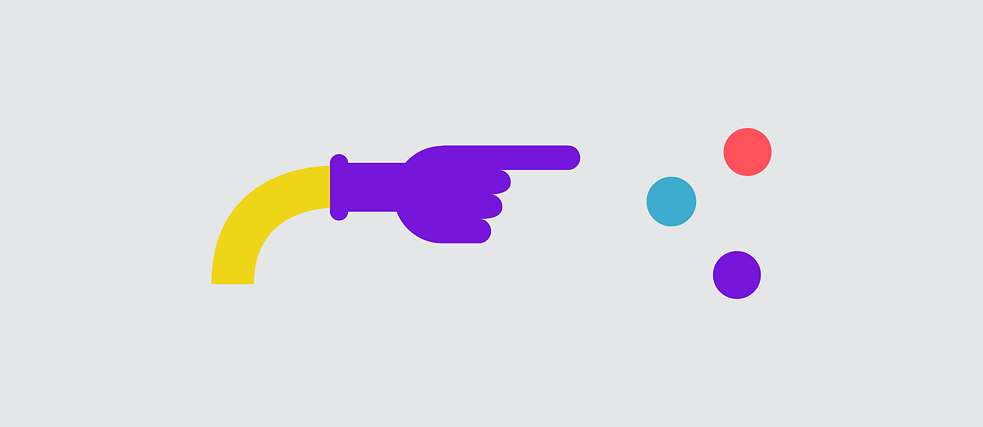Word! The Language Column
Prepositions

“From”, “at”, “since” or “around” – prepositions like these help us to locate things. They point us in the right direction – in time or place, for example. But it is not always as simple as it seems.
By Sharon Dodua Otoo
I think a sentence is a fine thing to put a preposition at the end of.
(William Zinsser)
We’ve got to talk about prepositions, for without them we would literally not know where we are. Prepositions might not give us purpose – they are not as amazing as verbs – but at least they give us location. And if you think the English prepositions are good, wait until we get to the German ones! Some of them are twice as nice. But before I get to those two-way prepositions, I must take a short detour into the world of accusative and dative. Yes. I too had hoped that I could get away with writing a column on German grammar without mentioning its case system. But I was wrong.
So many articles
When I first began to learn German, it was a challenge to get my head around the concept of there being three words for “the” depending on the grammatical gender of a noun (what?!). But I got used to it pretty fast. Little did I know that in that particular grammar lesson, my teacher was holding back. Not only does the German language have the articles “der”, “die” and “das”, but I was soon to find that it also has “den”, “dem” and “des”, depending on which grammatical part of the sentence the article appeared in. I may have cried on that day. These grammatical parts are called “cases” (we have them in English too, we just don’t show off about them as much in English, as we do in German).In total there are four cases in German: nominative, accusative, dative and genitive (some claim that the genitive is fading out, but I am clasping onto it firmly with both hands, for it is the German language’s most elegant case). And because to some extent, word order is not so important in German, the correct use of the cases is vital. For example, in English the sentence: “the dog bites the boy” definitely does not mean the same thing as “the boy bites the dog”. In German however these two sentences are identical: “der Hund beißt den Jungen” and “den Jungen beißt der Hund”. English-speaking learners of German often need some time to understand the exact meaning of the German sentences, because they are not so focused on the definite article. On the other hand, first-language speakers of German derive clarity about what or who is doing the biting, from the grammatical case: the dog (the subject) is in the nominative case and the boy (the object) is in the accusative case. OK, so back to the prepositions.
Comments
Comment